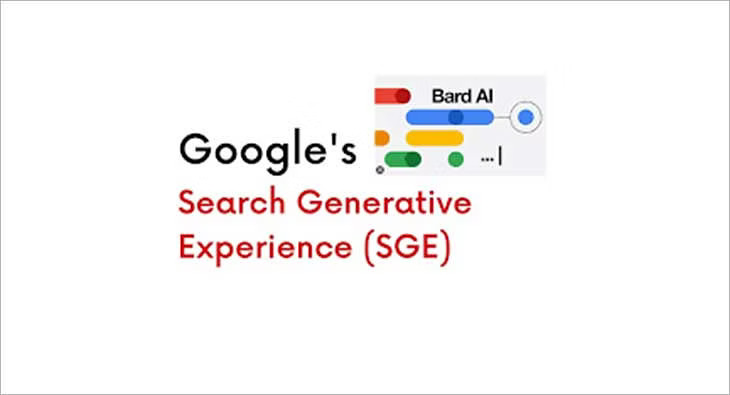In recent months, the tech world has been buzzing about Google’s Search-Generative Experience AI models like AI models like ChatGPT, DALL-E, and GPT-3.
These models are able to generate text and images, similar to humans, from simple prompts, hence, changing the way people interact with technology.
Google, one of the search and AI innovators, is now integrated generative AI into their search engine, resulting in an entirely new service – generative search.
This paradigm shift will transform how we locate and exploit the online information. Here is what you should stay informed about.
What is Generative AI and how it will be implemented in Search?
Generative AI models learn patterns and relations from the data they are trained on, which is usually a huge amount.
Upon receiving a prompt such as “Write a blog post about generative AI and search,” the model can generate similar text, which is relevant and coherent, like humans.
They can do much more than simple image or text generation, they can also create code and other content.
Google intends to combine AI assistants with search to give more detailed responses and complete the complicated tasks.
Instead of being given a list of relevant websites, users will be able to speak to the Google, ask follow-up questions, and receive direct answers produced by AI.
This conversational search can be applied to tasks with more than one step such as research, analysis, coding, creative writing and so on.
AI assistants will exploit Google’s advantage using information retrieval to pull enormous knowledge, and then use the reasoning capability to answer the questions.
Thus, you will have the best of both the worlds that is, the comprehensiveness of a search engine and the problem solving of AI assistant.
Read More- People Also Search For: The Ultimate Guide to Keyword Research & SEO
How the Search-Generative Experience Will Change How We Search?
Today’s Google’s Search-Generative Experience is simplistic – enter a query, get some relevant website links.
Users often have to visit multiple websites, read through results, and synthesize the information themselves to find what they need.
The search-generative model flips this by bringing the assistance and reasoning directly into search.
Going forward, search queries may be more like conversations.
Users can ask open-ended questions like “What were the key causes of World War I?” and get an short and direct summary generated by AI. So, hereafter, they don’t need to read through all the related websites themselves to get an information.
Not only that but also, user can follow-up questions narrow the results: “Which cause was most impactful and why?“
This allows for much more natural and comprehensive search for research, learning, and analysis tasks.
Google could create dedicated AI assistants for specialized fields or types of queries, leveraging subject matter experts to train the models. So a student researching for a history essay gets an assistant well-versed in that domain.
Search and generative AI together also enable new types of applications.
Instead of just getting cooking recipes, you could ask Google to plan out a full multi-course meal, customize it based on dietary needs, and provide step-by-step instructions in natural language, with AI-generated illustrations.
Or analyze two products and recommend which is the better option based on your needs and preferences.
This expanded functionality will make search much more capable for complex, open-ended tasks.
The experience will feel more like interacting with a knowledgeable digital assistant who can both find information and help you analyze, understand, and build upon it.
How to Get Ahead of the Curve?
The Google’s Search-Generative Experience AI-enabled search landscape is still emerging, but there are steps you can take now to prepare.
- Start using conversational AI assistants like ChatGPT to get comfortable with the experience of asking open-ended questions and receiving AI-generated responses. Experiment with the types of queries and tasks you can complete.
- Follow the latest news and updates from Google, other tech companies, and AI experts on advances in generative AI and search applications. This field is moving rapidly and it’s important to stay informed.
- Identify areas in your work, learning, creative processes, etc. where a search-generative assistant could be leveraged. Think about how you’d interact with an AI to accomplish key tasks and plan out hypothetical dialogues.
- Consider how you produce content and information currently. Techniques like SEO Services and driving web traffic may become less impactful in a world where users get AI-synthesized results directly. Tweak your content strategies in anticipation of a search-generative future.
- If you are a developer, start experimenting now with AI models like GPT-3 and exploring applications. Get hands-on experience with the technology to build expertise.
- For educators, think about how a conversational, generative search experience could transform learning. How might curriculum, lessons, and assignments be reimagined with these powerful AI tools at students’ fingertips?
Read More- Why Your Website Visitors Aren’t Converting (and What to Do About It)




